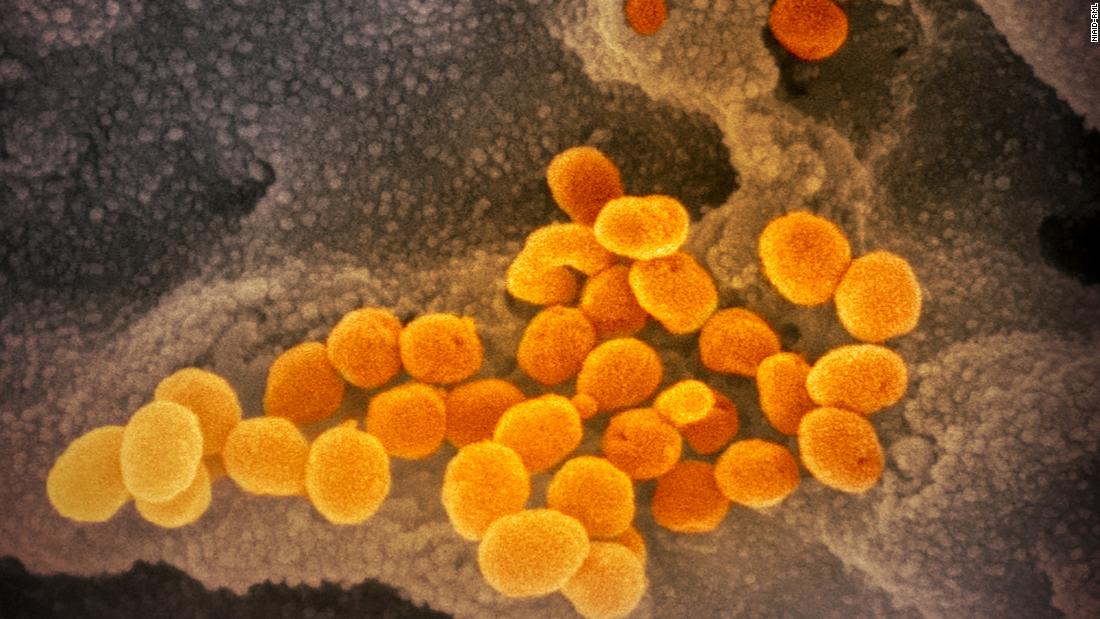In documents released ahead of a key meeting of the US Food and Drug Administration’s vaccine advisers, Moderna urged the agency to authorize a 50-microgram booster dose of its Covid-19 vaccine.
That dose is half the size of the 100-microgram doses used in the primary series of the two-dose vaccine. The company says this booster dose increases protection against the coronavirus while helping to keep the worldwide Covid-19 vaccine supply higher.
The documents were released ahead of the meeting of the FDA’s Vaccines and Related Biological Products Advisory Committee this week that will consider booster doses of the Moderna and Johnson & Johnson Covid-19 vaccines. The FDA previously authorized boosters of Pfizer’s Covid-19 vaccine for some adults.
Moderna is requesting authorization for a 50-microgram booster dose at least six months after the second dose for certain groups: people age 65 and older; people ages 18 to 64 who are at high risk of severe Covid-19; and people ages 18 to 64 whose exposure to the coronavirus in their settings or jobs put them at risk for Covid-19 complications or severe illness.
Antibodies have been shown to wane several months after people complete their Moderna or Pfizer vaccine series, but protection against severe disease and death remain strong after two doses. However, Moderna says, trial data and real-world evidence “support interventions to restore or enhance” antibodies that have waned over time.
“Clinical trial data breakthrough infections as well as real world evidence of reduced effectiveness against the Delta variant indicate that a booster dose of mRNA-1273 for those vaccinated more than 6 months previously could be beneficial to restore antibody titers to higher than post-dose 2 levels and reduce the number of breakthrough cases particularly against (variants of concern),” Moderna said in its briefing document.
Efficacy against symptomatic Covid-19 wasn’t evaluated among booster dose recipients, the FDA analysis notes.
Moderna’s authorization request includes results from a study of 171 people who received the authorized 100-microgram doses of Moderna’s vaccine and a 50-microgram booster dose at least six months later – a smaller group than the more than 300 who were studied ahead of Pfizer’s booster authorization request. It also included safety data from additional Moderna trial participants.
There was a higher rate of swollen lymph nodes after the booster dose when compared with the second dose in the primary series, but safety data didn’t otherwise show increased frequency or severity of reactions after a booster dose, the FDA’s analysis said. It notes that trials conducted before authorization might not be large enough to fully understand uncommon, potentially serious adverse reactions.
“It is currently not known if there will be an increased risk of myocarditis/pericarditis or other adverse reactions after a booster dose of the Moderna COVID-19 Vaccine,” the FDA’s analysis says. “These risks and associated uncertainties have to be considered when assessing benefit and risk.” The two-dose mRNA Covid-19 vaccines made by Moderna and Pfizer have been linked to rare cases of heart inflammation, particularly among younger men. Studies have found the cases are generally mild.








More News
The Next Winner of the World Chess Championship Could Be the Youngest Ever
McKinsey Is Under Criminal Investigation for Its Opioid Work
Flooding Inundates Kenya, Killing at Least 32 and Displacing Thousands